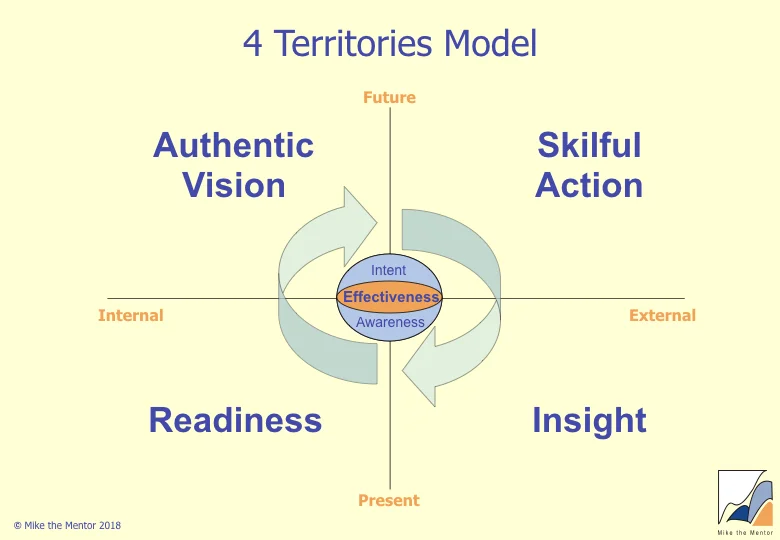What Is The Job Of A Manager?
/Managers I coach often ask me: "I think I'm doing a good job as a manager - but how do I know that I'm not missing something?" (shades of Donald Rumsfeld's "unknown unknowns"!).
As many writers have pointed out, there is no simple answer to this question. Part of the reason for this is that different positions or levels in an organisation have different management requirements associated with them. This means that each time managers move from one level to the next they must acquire new ways of managing and leading and leave the old ways behind. There are different challenges to be faced in navigating the passage from one level to the next but they fall into three main areas:
Skill requirements: the capabilities required to execute the new responsibilities
Time applications: the new time frames that govern how one works
Work values: what is important at the new level and so should be the focus of their effort.
For example, new young employees usually start as individual contributors where the key task they need to learn is managing themselves. The skills they need are primarily technical or professional. From a time application perspective they need to learn planning, punctuality and reliability. The work values include acceptance of the company culture and adopting professional standards. When they are successful at this, they are usually promoted to a first-line management position where they are now managing others.
To manage others successfully, they need to develop various new skills (eg delegation, coaching) and change how they spend their time (eg, helping others perform effectively, communicating with other units) - but the most difficult change involves values. Specifically, they must stop valuing getting results through their own personal proficiency and learn to value managerial work (and not just tolerate it).
This process of acquiring new skills, changing how they allocate their time, and shifting their value priorities needs to continue as the manager is promoted from level to level. Managers who fail to do so end up working from the wrong level, damaging not only their own effectiveness but getting in their reports' way by doing the jobs their reports should be doing. More at http://www.ram-charan.com/books/the-leadership-pipeline/.

